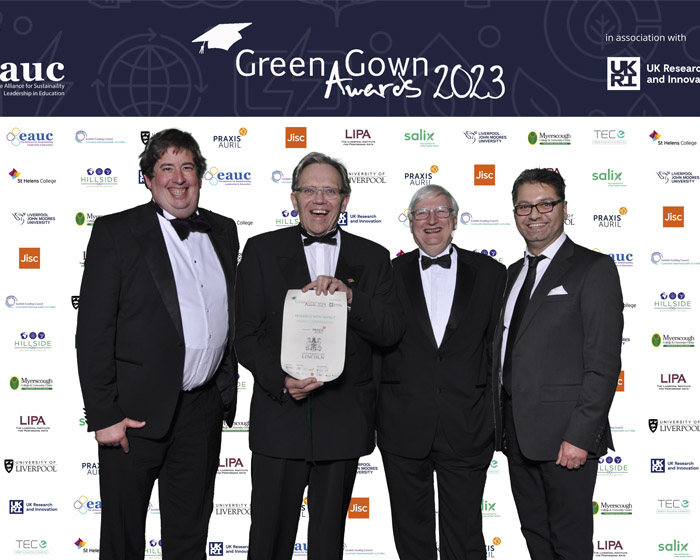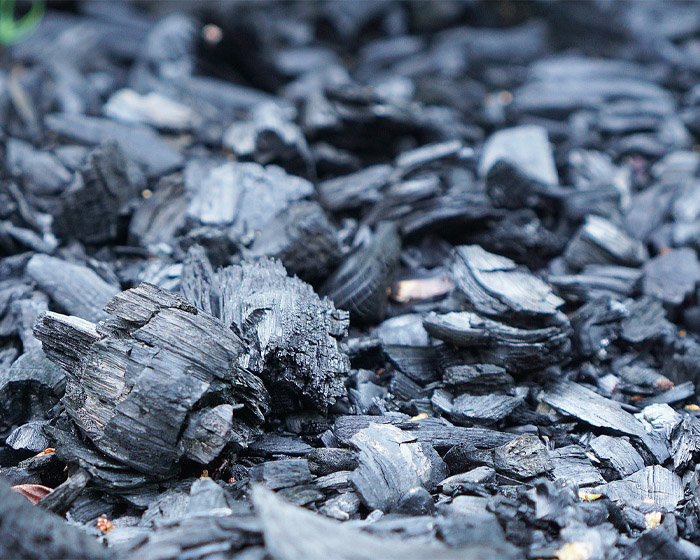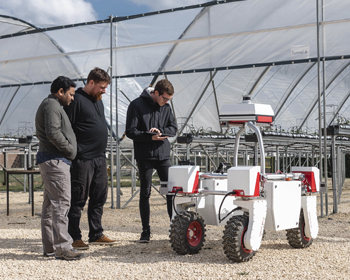Creating a Greener, Cleaner Future
Peatlands are one of the most fertile lands in the UK for food growth, but the process emits excessive CO2, which can be detrimental to the environment. A new project featuring academics, farmers, and engineers, including a team from the Lincoln Institute of Agri-Technology (LIAT) and the School of Engineering at the University of Lincoln, is working to mitigate these issues, paving the way for climate-resilient and more sustainable agriculture.
The project, called ‘Reverse Coal', is taking place at the Lapwing Estate, a 5,000-acre estate near Doncaster, and sees a shift to indoor farming using a sustainable biomass fuel source as its power. The energy comes from growing biomass feed stock, which is then subjected to a thermochemical treatment called pyrolysis to create a source of energy. The pyrolysis will also produce biochar which will then be stored in a unique storage facility demonstrating that CO2 can be permanently captured.
Reverse Coal has been receiving praise for its pioneering approach, picking up the Highly Commended accolade at the internationally recognised UK and Ireland Green Gown Awards, and featuring as a positive case study in the Government’s Environmental Improvement Plan 2023, highlighted as an example of how peatlands can be more responsibly managed.

/prod01/university-of-lincoln-cdn-pxl/media/responsive2017/research/newresearch/Reverse,Coal,banner,1600X600.jpg )




